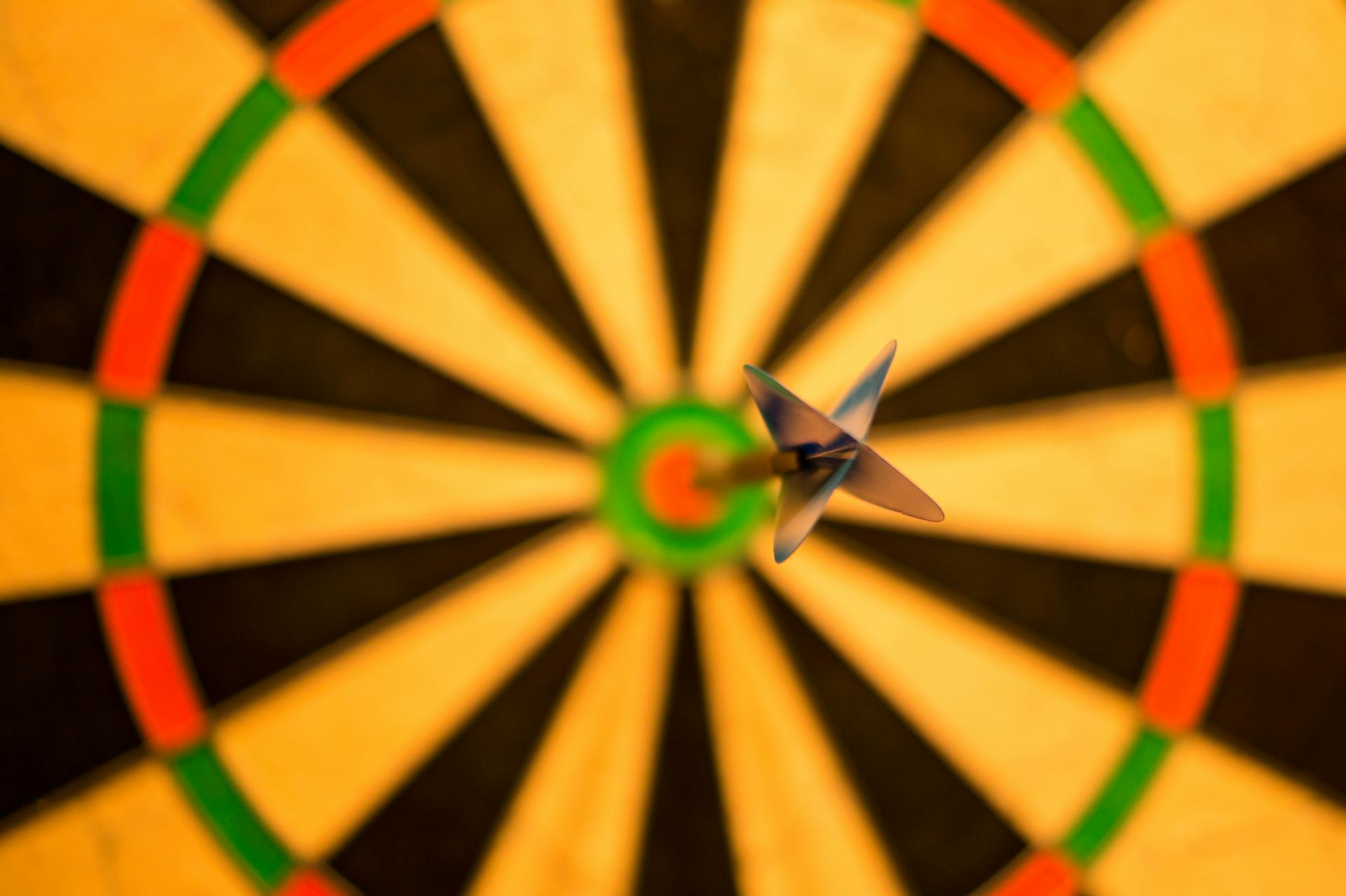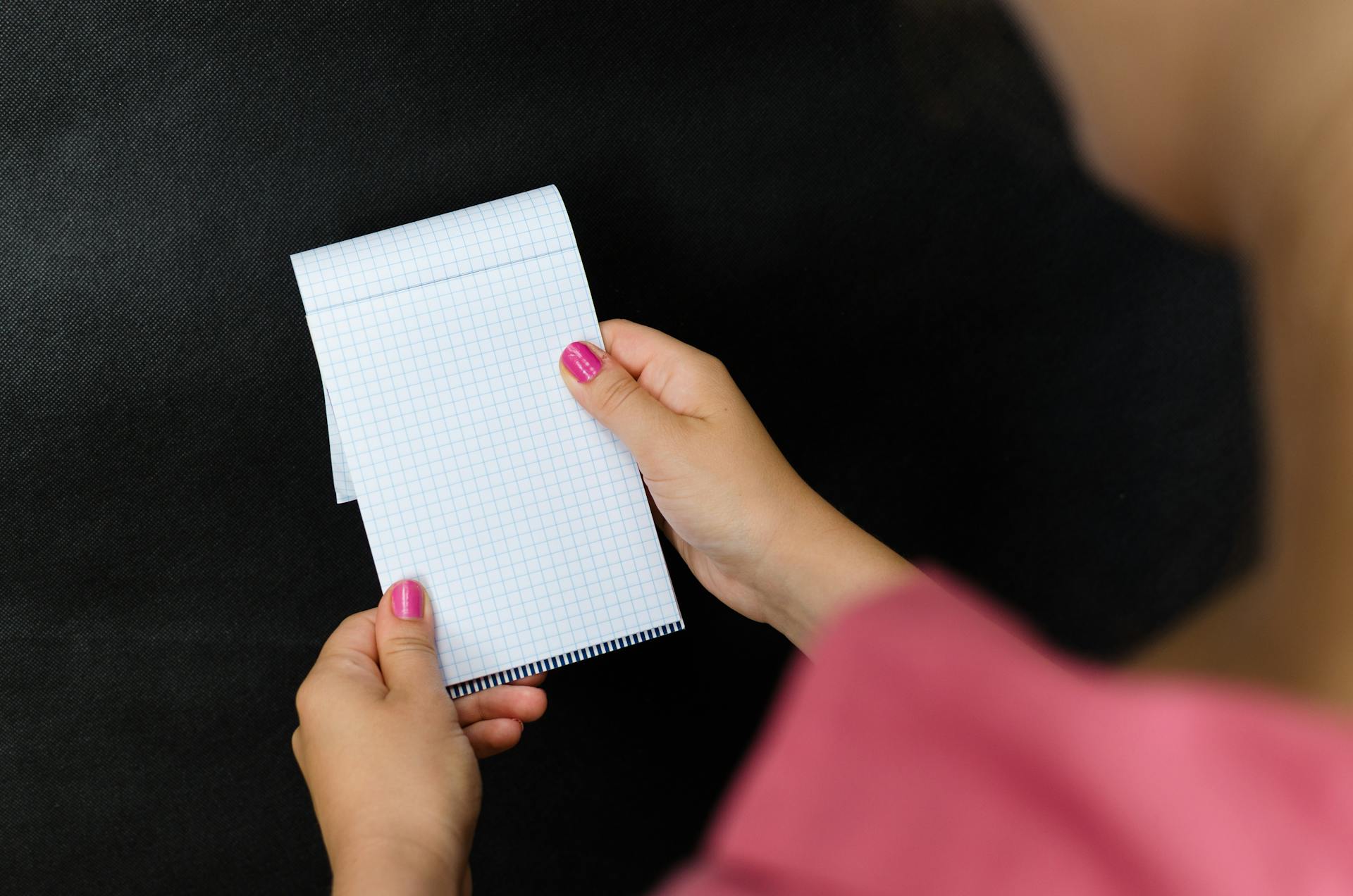
Learning is a lifelong journey that involves acquiring new knowledge, ideas, concepts, and skills. However, finding effective strategies to supercharge your learning skills can be a daunting task. In this article, we will explore 3 effective ways to help you accurately remember what you learn and recall it when needed.
The first important factor in supercharging your learning skills is to find ways to incorporate a wide variety of learning techniques into your daily practice. This could include hands-on experiences, visual aids, audio recordings or even group discussions. By using different approaches to learning, you can gain a deeper understanding of the subject matter which can lead to better retention and recall during study time.
Another effective way to supercharge your learning skills is by making use of mnemonic devices. These are memory aids that help you remember information more easily by linking it with something else that you already know. For example: "Please Excuse My Dear Aunt Sally" is a popular mnemonic device used in math class to remember the order of operations (Parentheses, Exponents, Multiplication and Division, Addition and Subtraction).
Consider reading: 5 Ways Business Leaders
Discover the Best and Cheapest Retirement Spots in America
Best and Cheapest Retirement Spots in America are a popular topic among retirees who want to live comfortably with their savings. One effective way to find the perfect spot is by exploring the West Coast of America. This region is known for its stunning natural beauty, mild climate, and vibrant communities that offer excellent amenities for seniors. From California's beaches to Seattle's bustling city life, the West Coast has something to suit every retiree's taste.
Another great option is to consider the mountain state region. Tucked away in the heart of the country, this area offers a lower cost of living than many coastal cities while still maintaining access to great healthcare facilities and recreational activities. Many retirees have found their bliss in states such as Colorado or Utah, where they can enjoy stunning views of mountains and ample outdoor opportunities. Ultimately, finding the right retirement spot depends on individual preferences and financial circumstances, but with some research into areas like those mentioned above, seniors can find a place that meets all their needs at an affordable cost. As Madeline Garfinkle suggests: "retirement should be a time of enjoyment rather than stress".
Mastering Skill 2: Observe Nonverbal Cues Like a Pro
Nonverbal communication is an essential part of effective communication. Body language includes facial expressions, body movement, gestures, eye contact, posture, and muscle tension. When you listen to what a person tells you and observe their nonverbal cues, you can better understand their emotions and intentions.
To navigate challenging situations and enhance effective communication, it's important to pay attention to a person's nonverbal communication. An open stance with arms uncrossed and maintaining eye contact shows that you are engaged in the conversation. On the other hand, crossed arms or avoiding eye contact may indicate discomfort or disinterest.
One way to improve your ability to read nonverbal cues is by practicing active observation. Take note of people's body language during everyday interactions and try to identify patterns in their behavior. With practice, you'll become more adept at reading subtle cues that can help you better understand people's emotions and intentions. By mastering this skill, you will be able to communicate more effectively and build stronger relationships with others.
Explore further: Effective Banner Ad
1. Improve how you read nonverbal communication
Reading nonverbal communication signals can be challenging, especially when you consider the individual differences people have based on age, culture, religion, and gender. For instance, cultures tend to interpret nonverbal communication gestures differently. An American teen might use eye contact as a sign of respect or interest, while a grieving widow may avoid it altogether as a sign of mourning. Similarly, an Asian businessman might briefly cross his arms during negotiations as a sign of respect rather than defensiveness.
To improve how you read body language signals, it's essential to pay close attention to nonverbal cues and context. Focus on the whole picture rather than relying on a single gesture or nonverbal signal. Also, keep in mind that emotions play a significant role in interpreting nonverbal communication signals. Someone's emotional state can affect their body language and eye contact. By understanding these factors and paying close attention to them, you'll become better at reading body language and other nonverbal signals.
2. Improve how you deliver nonverbal communication
Improving how you deliver nonverbal communication can have a huge impact on how effectively you communicate with others. Nonverbal signals, such as body language, can often convey more than the words we say. It's important to be mindful of the messages you're sending through your body language, especially if you're in a situation where someone may feel confused or unsure about your intentions.
To avoid negative body language, try to convey positive feelings through your nonverbal signals. Standing tall with shoulders back and smiling is a great way to signal confidence and positivity. Maintaining eye contact also shows that you're engaged in the conversation and interested in what the other person has to say. And of course, a firm handshake is always a classic way to convey confidence and professionalism when meeting someone new.
It's important to remember that different cultures may interpret body language differently, so it's important to be aware of your own cultural background as well as those around you. Adults similarly respond differently to different emotional states being portrayed by nonverbal signals such as tentatively entering or eyes averted. With practice and awareness, improving your nonverbal communication can greatly enhance your interpersonal relationships and communication skills overall.
Achieve Better Results with Educational Distributed Practice

Distributed practice is a learning strategy that involves breaking down long study sessions into shorter, more focused sessions. Rather than cramming information over a long period of time, students can learn efficiently by spacing out their study sessions.
Intensive study sessions can be overwhelming and lead to decreased retention of information. By spacing out these sessions and allowing time for previous learning to sink in, students are better able to retain the information they have learned.
Educational distributed practice is an effective way to achieve better results in your studies. By breaking down long study sessions into shorter, focused sessions, you can learn more efficiently and effectively. Try incorporating this strategy into your study routine today!
1. What is the best way to learn?
Effective Learning Techniques: The Best Way to Learn
Research suggests that the best way to learn is through distributed learning. This means spacing out your study sessions instead of cramming everything into one long session. By breaking up your time studying, you have more opportunities to review and retain information.
Another effective learning technique focuses on active learning, which involves engaging with the material rather than just passively reading or listening. Some examples of active learning include taking notes, testing yourself on the material, and explaining concepts to others.
Ultimately, the best way to learn depends on your personal preferences and learning style. However, by incorporating techniques like distributed learning and active learning into your study routine, you can improve your retention and comprehension of new information.
Discover Various Approaches to Learning with Multiple Ways
Are you tired of being stuck in a traditional learning rut? Look no further! There are many effective ways to approach your learning that involve varying techniques. One helpful tip involves auditory learning - find a friend and describe the material aloud to them. This can help cement information in your brain while also giving you the chance to practice spoken language.
Another way to approach learning is by utilizing mind maps. Instead of taking longhand notes, try drawing out a visual representation of the information on paper or on a laptop/tablet. This technique can be especially helpful for those who are visual learners. Additionally, if you're more comfortable with written language, practicing with language examples and reading texts can improve your comprehension.
Lastly, consider digital note-taking. While longhand notes have been shown to improve recall, computer research suggests that digital note-taking has its own unique benefits. For example, it allows for greater organization and easy access to all of your notes in one place. No matter which approach you choose, remember that using multiple ways is key when it comes to effective learning.
Maximizing Your Message: The Art of Effective Communication
Effective communication is the key to exchanging information and conveying the full meaning of your message. It's not just about talking, but also listening, understanding and making the person feel heard. Effective communication sounds easy but in reality, it requires learning one of the most important skills that can improve communication within our home, school or work relationships.
Misunderstandings and frustration often occur when we fail to communicate effectively. Conflicts ensue and relationships suffer as a result. Learning how to communicate effectively with our spouse, kids, boss or coworkers can go a long way in building greater trust, improving teamwork and problem-solving skills as well as enhancing our emotional health.
There are 3 effective ways to improve communication – active listening, clear expression of thoughts and feelings, and taking responsibility for misunderstandings. By actively listening to what the other person says without interruption or judgment, we show them that we value their input. Clear expression helps us convey our message more accurately without leaving any room for misinterpretation. And by taking responsibility for misunderstandings, we show respect and accountability towards others while avoiding blame games that can hinder effective communication.
Frequently Asked Questions
How can you be a leader in the workplace?
To be a leader in the workplace, you need to have strong communication skills, take initiative, lead by example, and inspire others to follow your vision. It's important to set clear goals and expectations, provide constructive feedback, and create a positive work environment where everyone feels valued and supported.
How to learn quickly and efficiently?
To learn quickly and efficiently, start by breaking down the subject matter into manageable chunks, utilize active learning techniques such as practice quizzes, and stay motivated by setting achievable goals and rewarding yourself for progress.
How to use technology in teaching and learning effectively?
Using technology in teaching and learning can be effective when it is integrated into lesson plans, supports student-centered activities, and meets the diverse needs of learners. Teachers should also provide adequate training and support for students to ensure successful implementation.
How to use observational learning to learn effectively?
To use observational learning effectively, observe the actions and behaviors of others, identify positive role models to emulate, practice what you have learned consistently, and seek feedback from others to refine your skills.
How do you transition from a boss to a respected leader?
Transition from being a boss to a respected leader by focusing on building relationships, inspiring others with your vision, leading by example, empowering your team, and becoming a lifelong learner. Developing these skills will help you gain the trust and respect of your team and establish yourself as a true leader.
Featured Images: pexels.com

